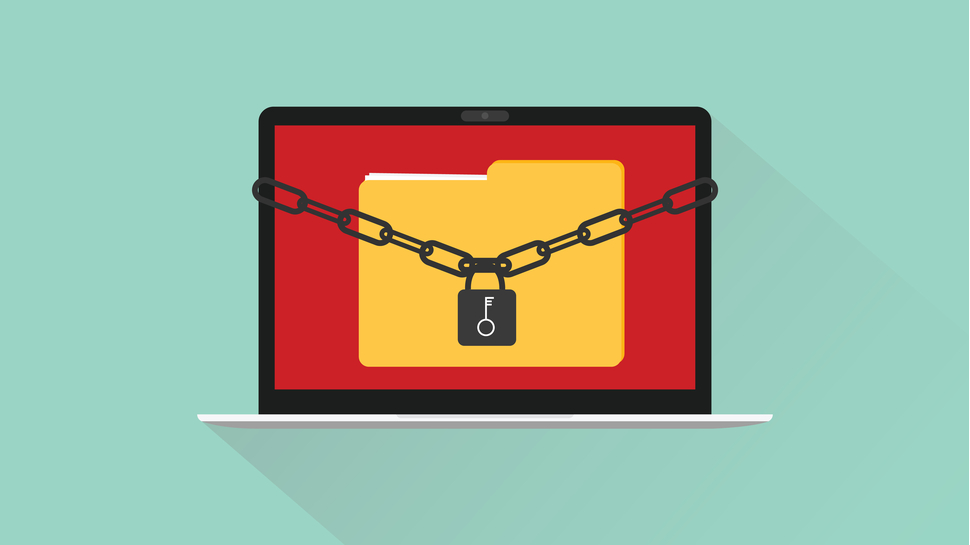
Top chipmaker Nexperia suffered a ransomware attack last month which saw threat actors get away with a terabyte of sensitive corporate data.
"Nexperia has become aware that an unauthorized third party accessed certain Nexperia IT servers in March 2024," the company said in a statement shared with BleepingComputer. "We promptly took action and disconnected the affected systems from the internet to contain the incident and implemented extensive mitigation."
The company later brought in third-party security experts to determine the nature and the scope of the incident, and took “strong measures” to terminate the unauthorized access.
Dark Angels
In the meantime, a threat actor calling itself Dunghill Leak assumed responsibility for the attack, claiming they were in possession of a terabyte of confidential data. To prove its claims, the group shared a sample, which included microscope scans of electronic components, employee passports, non-disclosure agreements, and other information.
The group is now demanding an unknown ransom payment, and if Nexperia declines, they will allegedly leak:
371 GB of design and product data, including QC, NDAs, trade secrets, technical specifications, confidential schematics, and production instructions.
246 GB of engineering data, including internal studies and manufacturing technologies.
96 GB of commercial and marketing data, including pricing and marketing analysis.
41.5 GB of corporate data, including HR, employee personal details, passports, NDAs, etc.
109 GB of client and user data, including brands such as SpaceX, IBM, Apple, and Huawei.
121.1 GB of various files and miscellaneous data, including email storage files.
Nexperia is a subsidiary of Wingtech Technology, a major Chinese chipmaker that operates plants in Germany and the UK. It builds transistors, diodes, MOSFETs, and logic divides, it was said. Its annual revenue exceeds $2 billion.
In its writeup, BleepingComputer claims the Dunghill Leak site is linked to the Dark Angels ransomware group.
More from TechRadar Pro
- A new version of the most widely-used ransomware today has been spotted — and it's even better at avoiding detection
- Here's a list of the best firewalls around today
- These are the best endpoint security tools right now







